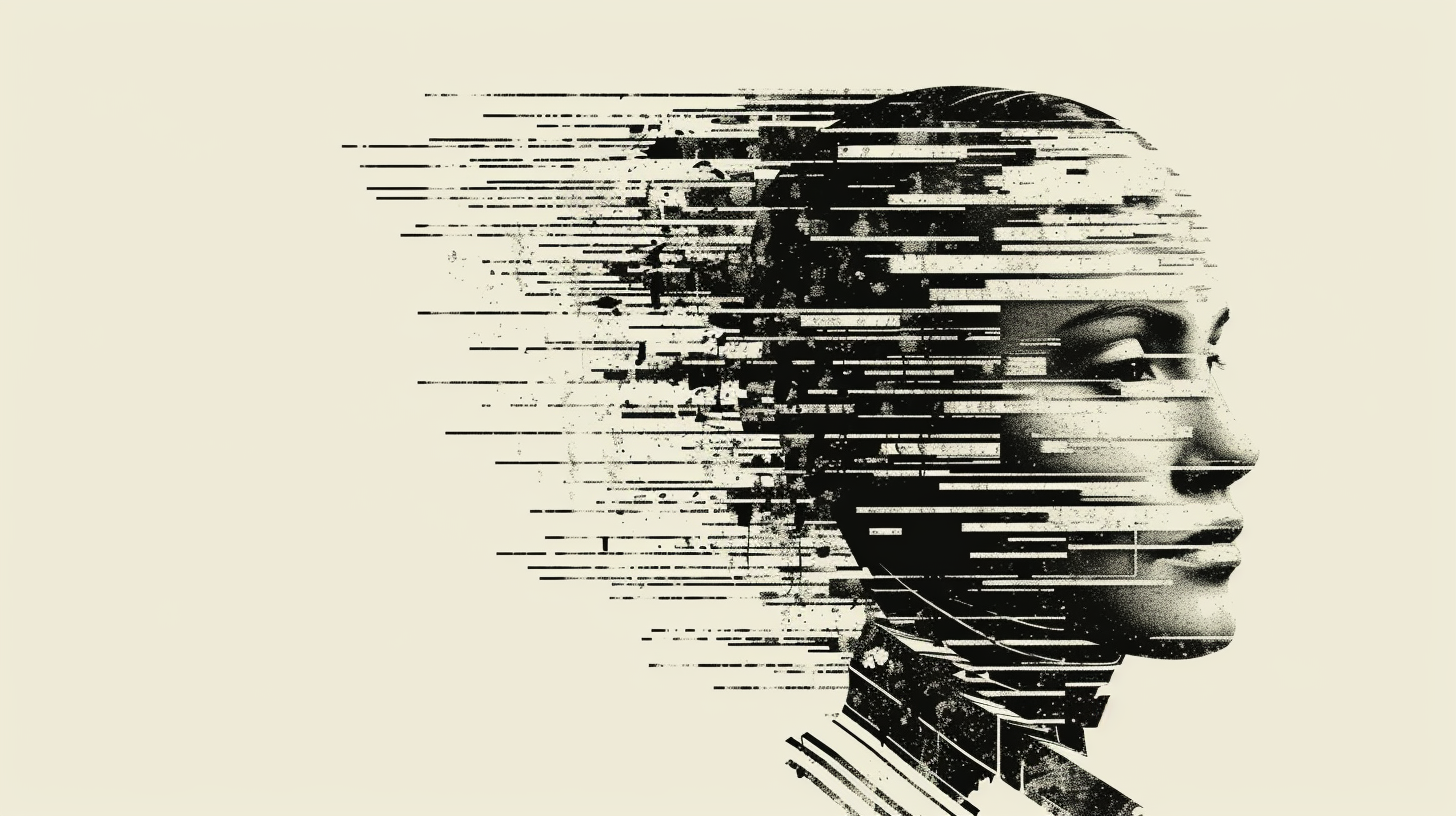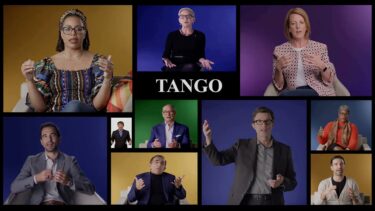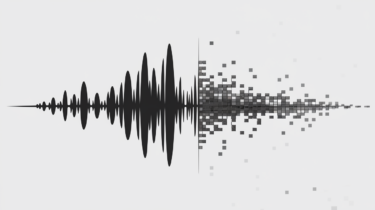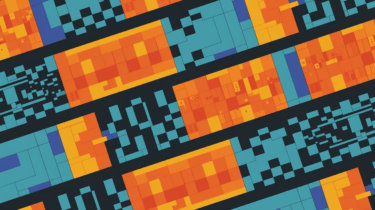An open letter from AI researchers warns of the dangers of deepfakes and calls on governments to introduce obligations along the entire value chain to curb their spread.
The letter calls for the criminalization of deepfake child pornography, the introduction of criminal penalties for knowingly creating or distributing harmful deepfakes, and the obligation of software developers and distributors to protect their products against the creation of harmful deepfakes.
The signatories emphasize the urgency of their concerns, citing figures from various studies and reports, including that the number of deepfakes increased by 550% between 2019 and 2023.
Deepfake pornography alone accounts for 98% of all deepfake videos on the Internet, and 99% of the victims are women. Deepfake scams and fakes of celebrities and politicians are also on the rise, according to the letter, and existing laws are not sufficient to curb the production and distribution of deepfakes, making it increasingly difficult to tell what is real on the Internet, which could lead to mass confusion.
"With half of the world’s population facing elections soon, the widespread creation and proliferation of deepfakes is a growing threat to democratic processes around the world," the letter states.
The signatories define deepfakes as "non-consensual or grossly misleading AI-generated voices, images, or videos, that a reasonable person would mistake as real." They also condemn synthetic content made for entertainment, unless it is "innocuous entertainment" or satirical.
"If broadcast entertainment becomes saturated with deepfakes, the connection between audience and performers will erode, and deepfakes will unfairly displace the people whose works were used to “train” AI in the first place," the letter states.
The authors of the letter suggest that device manufacturers, software developers, and media companies should work together to promote and disseminate content authentication methods that can be used to verify the authenticity of photos and videos. Efforts are already underway, such as the C2PA standard that AI companies and social platforms are joining, but it is far from a solution to the problem.
Among the signatories are Jaron Lanier, Microsoft researcher and inventor of the term "virtual reality"; Frances Haugen, known as the Meta/Facebook whistleblower; Stuart Russell, distinguished professor of computer science at the University of California, Berkeley; Andrew Yang, co-chair of the Forward Party and 2020 presidential candidate; Steven Pinker, Johnstone Family Professor of Psychology at Harvard University; and Turing Prize winner Yoshua Bengio.







